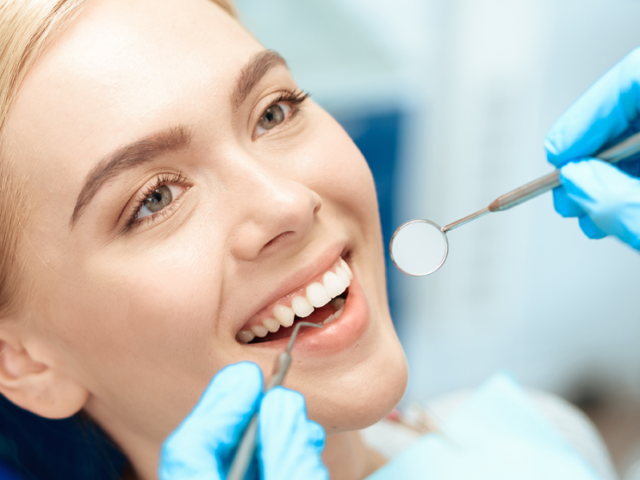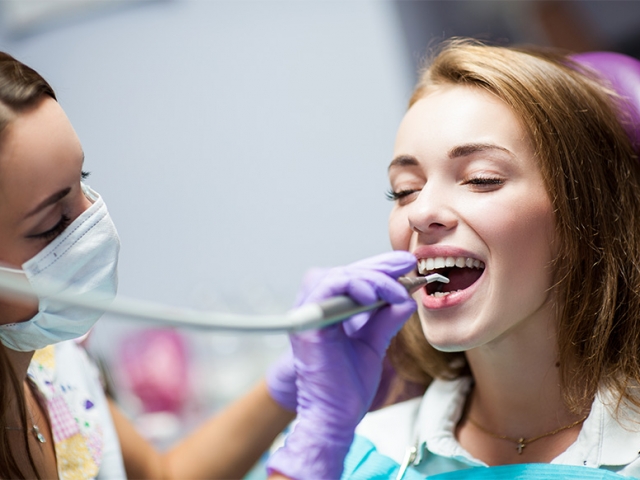Teens today are more conscious about their appearance than ever before. With social media platforms like Instagram and TikTok showcasing perfect smiles, it’s no surprise that many teenagers are considering teeth whitening as a way to enhance their smiles. But the big question is, is teeth whitening safe and recommended for teenagers? In this article, we’ll delve into the world of teeth whitening, its safety concerns for teens, and when it might be a suitable option.
Understanding Teeth Whitening
Teeth whitening, also known as teeth bleaching, is a cosmetic dental procedure designed to lighten the color of your teeth. It’s an effective way to remove stains and discoloration caused by various factors such as:
- Diet: Consuming foods and beverages like coffee, tea, red wine, and berries can stain teeth over time.
- Tobacco Use: Smoking or using tobacco products can lead to yellowed teeth.
- Poor Oral Hygiene: Neglecting regular dental care can result in plaque buildup and staining.
- Aging: As we age, tooth enamel naturally thins, revealing the yellowish dentin underneath.
Teeth whitening can be a confidence booster, but it’s important to consider the potential risks and benefits, especially when it comes to teenagers.
The Safety of Teeth Whitening for Teens
Teeth whitening products available in the market usually contain hydrogen peroxide or carbamide peroxide as their active ingredients. These chemicals work by breaking down stains and making teeth appear whiter. While teeth whitening is generally safe for adults when used as directed by a dentist, the same cannot be said for teenagers.
Teenagers’ dental structures are still developing, and their teeth are more porous than those of adults. This means that the chemicals in teeth whitening products can penetrate deeper into their teeth, potentially causing harm. Some of the risks associated with teeth whitening for teens include:
- Increased Sensitivity: Teens may experience heightened tooth sensitivity or even pain after teeth whitening.
- Irritated Gums: The whitening chemicals can irritate the gums, leading to discomfort and inflammation.
- Uneven Whitening: Teenagers may achieve uneven results due to their developing teeth.
- Damage to Enamel: Excessive or improper use of whitening products can damage tooth enamel.
When is Teeth Whitening Recommended for Teens?
While there are risks involved, teeth whitening for teens may be considered in specific cases under the supervision of a dentist. Here are some situations when it might be recommended:
- Severe Discoloration: Teens with severe tooth discoloration that affects their self-esteem may benefit from professional whitening.
- Upcoming Special Occasions: Some teens may want to whiten their teeth for special events like prom or graduation.
- Medical Necessity: In rare cases, a dentist may recommend teeth whitening as part of a broader dental treatment plan.

Alternatives to Teeth Whitening
Teens and parents concerned about the risks of teeth whitening have alternatives to achieve a brighter smile:
- Proper Dental Hygiene: Encourage teens to maintain excellent oral hygiene practices, including regular brushing, flossing, and dental check-ups.
- Whitening Toothpaste: Use whitening toothpaste designed for teenagers to remove surface stains.
- Healthy Diet: Promote a diet rich in fruits and vegetables and low in staining substances.
The Bottom Line
Teeth whitening for teens should not be taken lightly. It’s essential to consult with a qualified dentist to determine whether it’s a suitable option. Parents should also consider the emotional and psychological well-being of their teenagers, as self-confidence plays a significant role in their development.
Ultimately, while teeth whitening can provide a confidence boost and a brighter smile, it should be approached with caution when it comes to teenagers. Safety should always be the top priority. For more insights and further information about teeth whitening products, be sure to visit their page to learn more.


